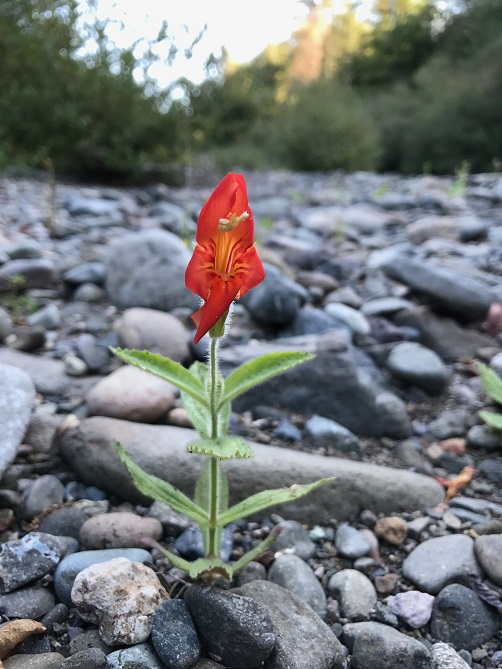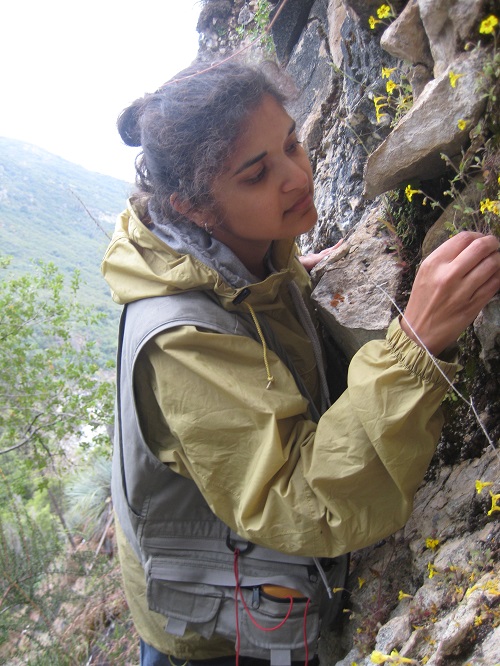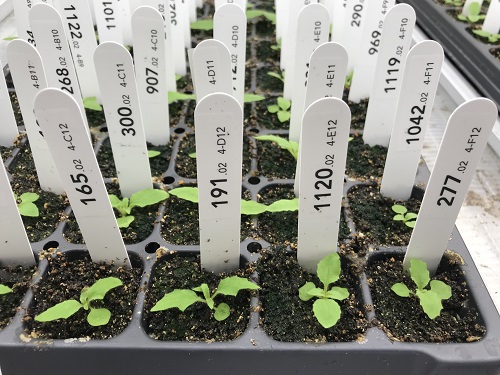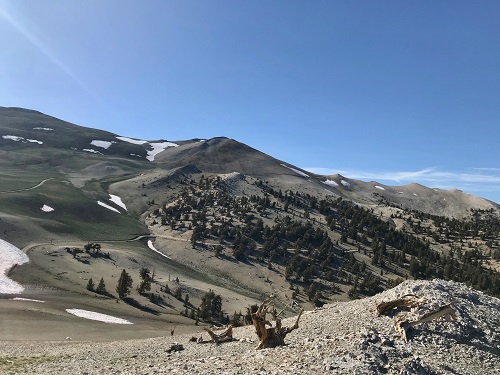About the department:
Research in the Department of Plant and Microbial Biology spans a wide range of disciplines, including biotechnology, cell biology, ecology, and evolutionary biology. Our department is incredibly collegial and supportive of early career faculty. Beyond our department, there is a vibrant and growing community of evolutionary biologists spread across campus, and we are situated in the Research Triangle near even more evolutionary biologists at other institutions including the University of North Carolina and Duke University.
About the research:
We study the processes that promote or hinder evolutionary adaptation at various biological scales, including populations, species, and clades. We examine how quantitative genetic variation and demographic processes influence the dynamics of adaptation to novel conditions such as those beyond range edges or those that have arisen due to climatic changes. Further, we investigate why some species can evolve broad climatic niches and large geographic ranges, while other species are narrowly restricted to a limited range of environments and places. We combine quantitative genetics, statistical models, and field and greenhouse experiments to tackle key questions in biogeography, ecology, and evolution.
Are you recruiting? If so, how do you/ will you choose new lab members?
Yes! We are recruiting PhD students and undergraduates. We are excited to have curious, self-driven individuals who are interested in being part of an inclusive and respectful team of evolutionary ecologists. We strive to give PhD students opportunities to develop independent research projects, and deeply value strong communication among lab members.
When was your first Evolution Meeting, and how did it affect your career?
My first Evolution meeting was in Portland in 2010. I presented a poster on the determinants of geographic range size in western North American monkeyflowers. Poster sessions at Evolution meetings are the best. There was a constant stream of visitors excited to talk with me about my research, which helped me to build confidence about the direction my dissertation was starting to take. It was also the first time I met several members of the Mimulus community, many of whom have become close colleagues and collaborators. SSE is a supportive and progressive community that I've enjoyed being a part of over the past several years.
Do you remember your first publication in Evolution or Evolution Letters (acceptance or rejection)?
Absolutely! I published my second dissertation chapter, where we assessed whether geographically widespread species have evolved broader thermal tolerances than species that are restricted in distribution. The reviewers and Associate Editor were thorough and enthusiastic, and it was one of the most pleasant processes of review and publication that I've ever experienced.
Besides research, how do you promote science?
I am Science Director for GLORIA Great Basin, a non-profit organization whose mission is to study the effects of climate change on alpine plants as part of a broader international effort. Though my main role is to contribute to scientific research, through volunteering and serving on the board, I interact with dozens of volunteers from various backgrounds, including federal land agency partners, botanists, graduate students, and other alpine enthusiasts. It has been an inspiring group to work with, and we are unified by our passion for alpine environments and plants. I look forward to promoting science through these activities for years to come!
Do you have a time management tip to share?
While I was in grad school, I became part of an accountability/writing group with two other PhD students who were at similar stages. Seven years later, we're still going strong and exchange weekly e-mail updates and monthly video conferences across three different time zones. This group has helped me tremendously with time management, among many other things.
What is your favorite app?
iNaturalist, Gaia GPS
Do you have a favorite science podcast or blog?
The Darwinian Demon, In Defense of Plants
What do you enjoy doing in your free time?
Anything that involves being outside, whether walking around town, hiking on a trail, or jogging. I am an aspiring naturalist and love to learn as much as I can about all of the plants, birds, insects, herps, etc. that I encounter while out and about. I also enjoy an eclectic array of music, from opera, country, and hip hop to many genres in between.
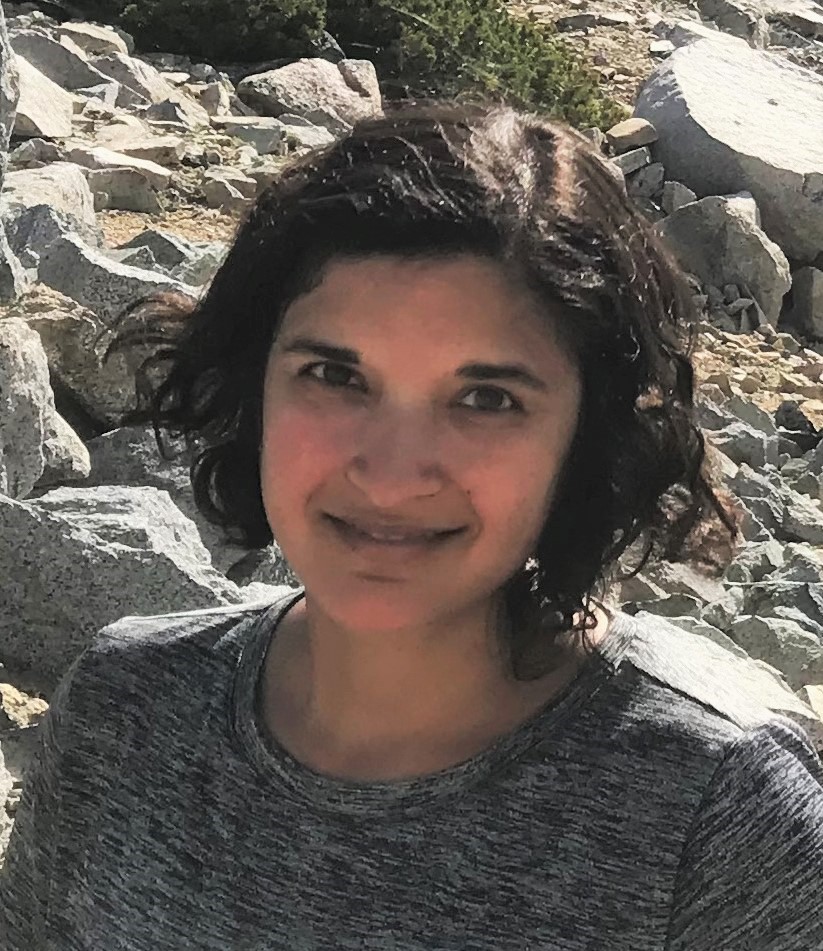 Seema Sheth
Seema Sheth